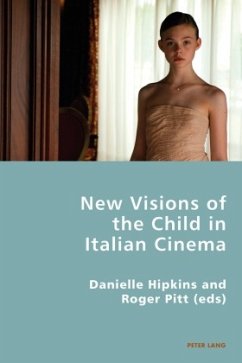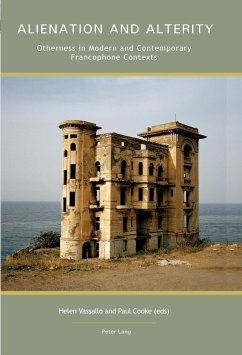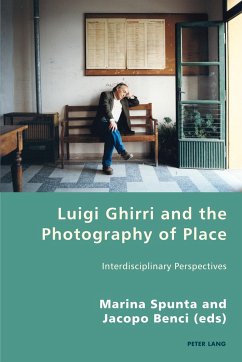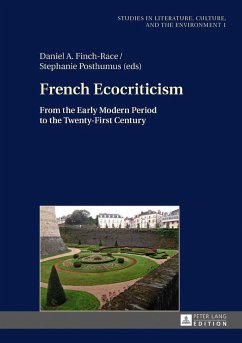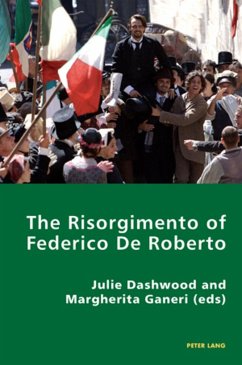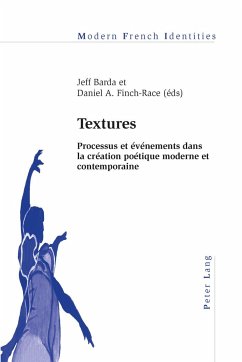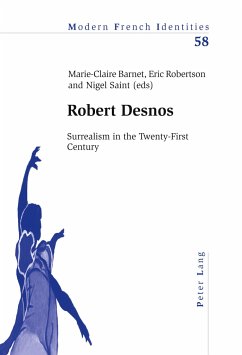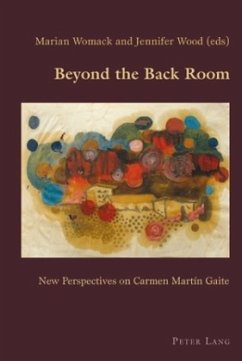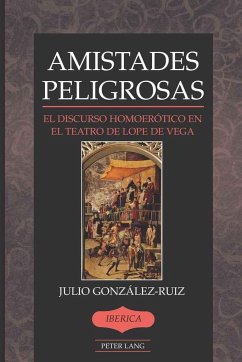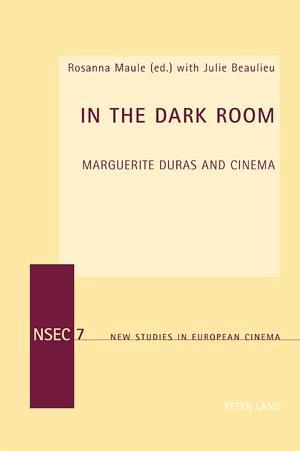
In the Dark Room
Marguerite Duras and Cinema
Herausgegeben: Beaulieu, Julie; Maule, Rosanna
Versandkostenfrei!
Versandfertig in 6-10 Tagen
97,20 €
inkl. MwSt.

PAYBACK Punkte
0 °P sammeln!
This book examines Duras's contribution to contemporary cinema. The 'dark room' in the collection's title refers to one of Duras's metaphors for the writing process, la chambre noire, as the solitary space of literary creation, the place where she struggles to project her 'internal shadow' onto the blank page. The dark room is also a metaphor for the film theater and, by extension, for the filmic experience. Duras rejected conventional forms of cinematic address that encourage the spectator to develop a positive identification with the film's diegesis and narrative. Her films create unusual ra...
This book examines Duras's contribution to contemporary cinema. The 'dark room' in the collection's title refers to one of Duras's metaphors for the writing process, la chambre noire, as the solitary space of literary creation, the place where she struggles to project her 'internal shadow' onto the blank page. The dark room is also a metaphor for the film theater and, by extension, for the filmic experience. Duras rejected conventional forms of cinematic address that encourage the spectator to develop a positive identification with the film's diegesis and narrative. Her films create unusual rapports between image and sound, diegetic and extra-diegetic elements, and textual and intertextual dimensions of cinematic representation. In doing so, they allow the film spectator to establish new connections with the screen.
This collection focuses on the aesthetic, conceptual, and political challenges involved in Duras's innovative approach to cinematic representation, from an interdisciplinar perspective including film and literary theory, psychoanalytic analysis, music theory, gender studies, and post-colonial criticism. The book opens with a theoretical introduction to Duras's cinematic practice and its peculiar position in contemporary cinema and contemporary film theory and is divided into five parts, each one devoted to a specific aspect of Duras's films: the interaction between literature and cinema (Part One); the reconfiguration of the cinematic gaze (Part Two) and of the image/sound relation (Part Three); the representation of history and memory (Part Four) and of cultural identity (Part Five).
This collection focuses on the aesthetic, conceptual, and political challenges involved in Duras's innovative approach to cinematic representation, from an interdisciplinar perspective including film and literary theory, psychoanalytic analysis, music theory, gender studies, and post-colonial criticism. The book opens with a theoretical introduction to Duras's cinematic practice and its peculiar position in contemporary cinema and contemporary film theory and is divided into five parts, each one devoted to a specific aspect of Duras's films: the interaction between literature and cinema (Part One); the reconfiguration of the cinematic gaze (Part Two) and of the image/sound relation (Part Three); the representation of history and memory (Part Four) and of cultural identity (Part Five).





